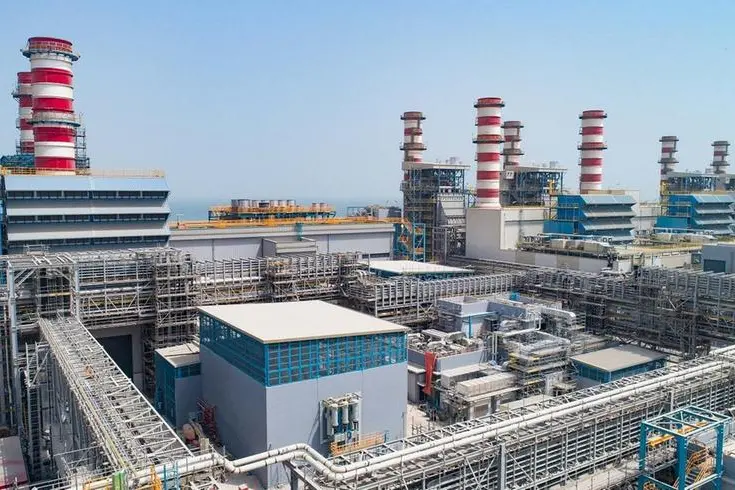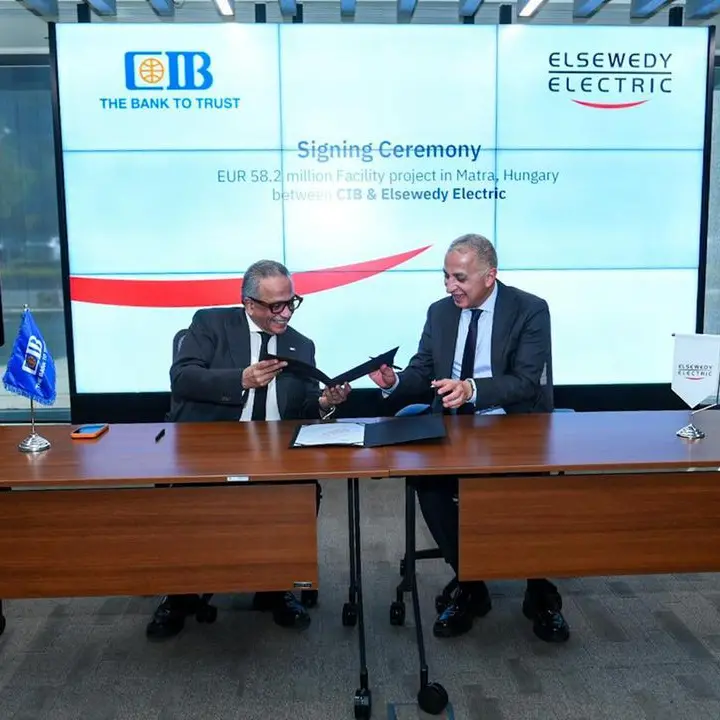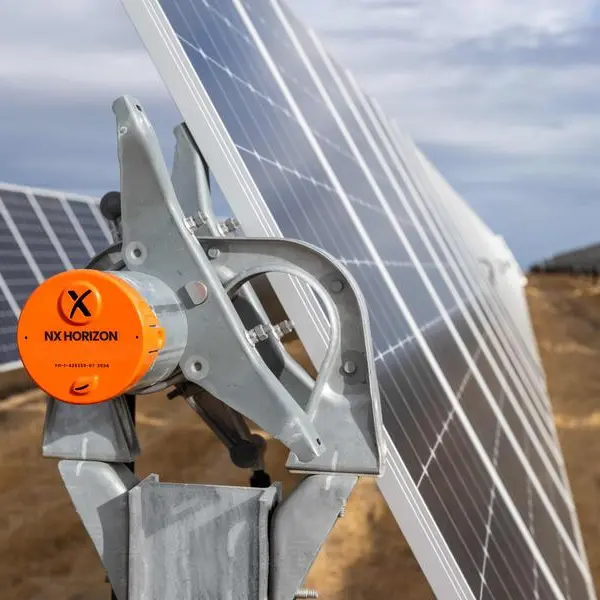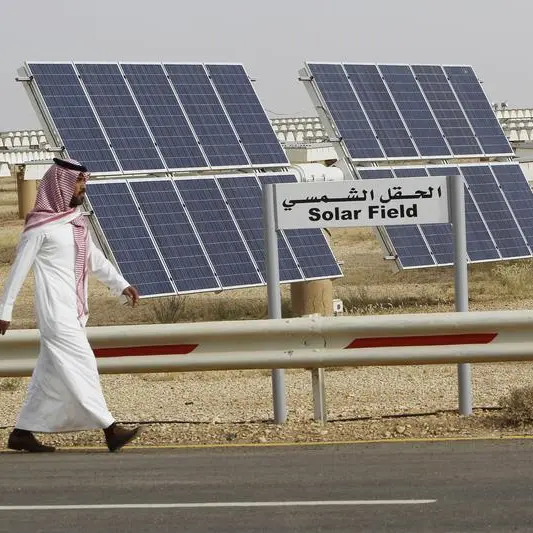PHOTO
The performance of natural gas-fired power plants, which account for 74 percent share of electricity generation in the Middle East and North Africa (MENA), can be negatively impacted by warmer air mass flow entering the gas turbine compressor, the International Energy Agency (IEA) said in a recent commentary.
Higher temperatures increase peak electricity demand but can curtail the efficiency of power generation and networks, putting further stress on electricity supply, the commentary titled ‘Climate resilience is key to energy transitions in the Middle East and North Africa’ noted.
More than 80 percent of the installed capacity of gas-fired power plants in MENA face an annual addition of more than 20 hot days - when maximum temperatures go above 35°C - in 2081-2100 in a low-emissions scenario while the number of days will increase to over 60 in a high-emissions scenario, which are both significantly higher than the world average.
In the Arabian Peninsula, the level of exposure could go even higher, reaching around 90 percent of installed gas-fired capacity, IEA noted.
Read more: DEWA enhances power generation in summer with cooling technology
(Writing by P Deol; Editing by Anoop Menon)





















